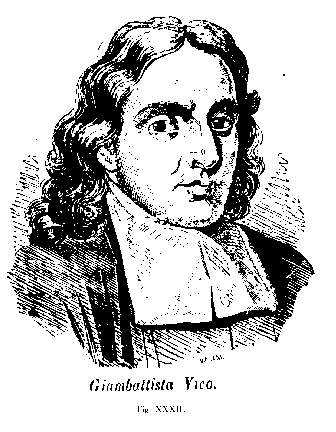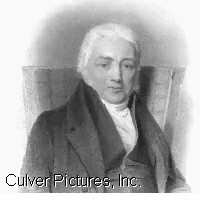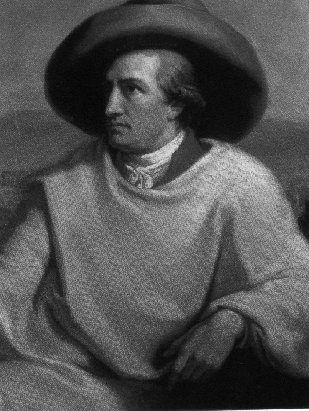
Vico

Coleridge

Schelling
| Philosophy |
Philosophy is best understood as a directional indicator of the evolution of consciousness, as he explains in Saving the Appearances:
However, the history of philosophy, Barfield cautions in "Dream, Myth, and Philosophical Double Vision," is not entirely conclusive or consistent. The idolatry of a given age results in the neglect of certain thinkers or their works:From the point of view of a history of consciousness, their writings [those of Plato and Aristotle, or any of the other great philosophers] are rather landmarks to indicate the nature of that consciousness, inasmuch as they represent the human mind in its most wakeful state. At the same time, owing to the subtle link between thinking and figuration, and to the part played by language in evolving and sustaining the Collective Representations, they are by no means without causal significance. (97)
If we insist on thinking of the history of philosophy as a train, we must conceive of a train, some of whose coaches (perhaps even the most important ones) have got uncoupled and left behind on the rails until a donkey engine comes along and picks them up. The coach may be a whole philosopher, such as Vico, or Coleridge, or Schelling, or Thomas Reid; or it may be a particular part of a philosopher's whole thought, such as Kant's Critique of Teleological Judgment, or Goethe's Metamorphosenlehre. (RM 28)

Reid |

Kant |

Goethe |
| See in particular "Thinking and Thought" (RCA 47-66), "Philosophy and Religion" (HEW 96-117). |